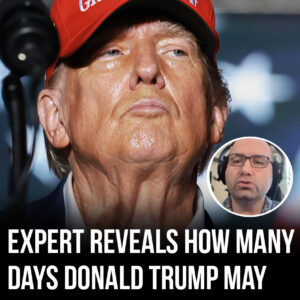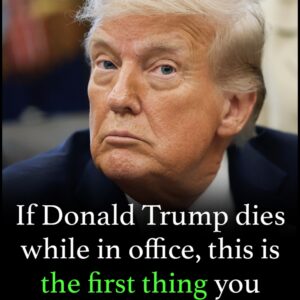White House Press Secretary Karoline Leavitt recently clashed with former House Speaker Nancy Pelosi over the Biden administration’s approach to China tariffs, reigniting debate on U.S. trade policy. The public exchange highlighted ongoing divisions within the political establishment on how best to manage the complex relationship between the United States and China, particularly regarding economic and diplomatic strategy.
Leavitt took aim at Pelosi’s criticism during a press briefing, citing past remarks where the former Speaker voiced strong concern over China’s trade practices. Leavitt emphasized that Pelosi once supported protective tariffs aimed at shielding American industries, implying that her recent statements contradict her historical stance. The rebuttal appeared to be a strategic attempt to underline inconsistencies in Democratic messaging on trade.
Pelosi responded by stressing the evolving nature of global trade and the need for flexible, comprehensive policy solutions. She acknowledged her past concerns but argued that changing economic dynamics require adaptive strategies that balance American economic interests with broader geopolitical goals. Her remarks reflected a more nuanced view of how to engage China economically without isolating global allies.
The exchange between Leavitt and Pelosi underscores broader tensions not only in U.S.-China relations but also within the domestic debate over how to handle them. As the administration continues to refine its foreign trade policies, differing viewpoints among U.S. leaders will play a critical role in shaping the nation’s long-term economic direction. This dispute is a clear example of the high-stakes discussions driving current and future trade strategies.





